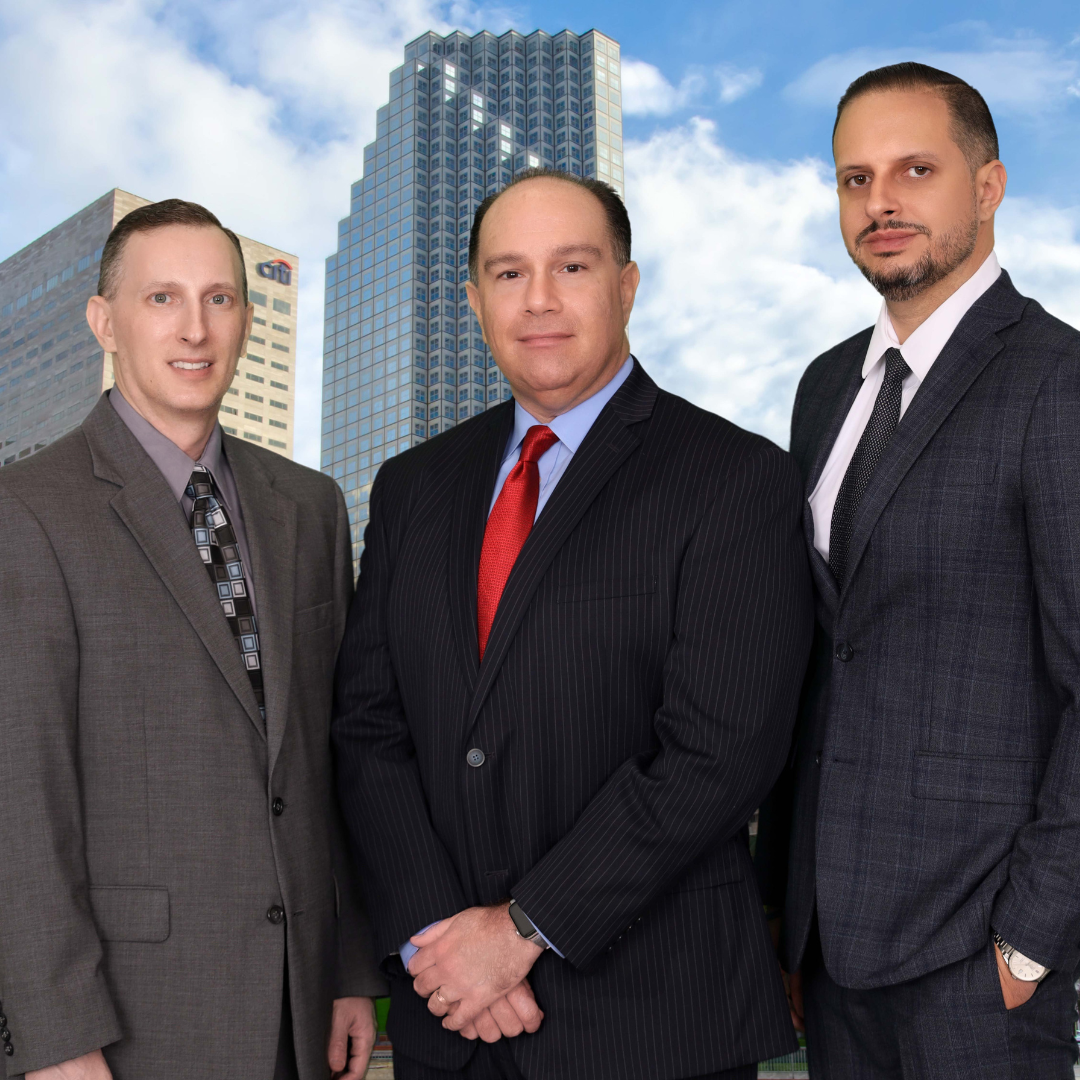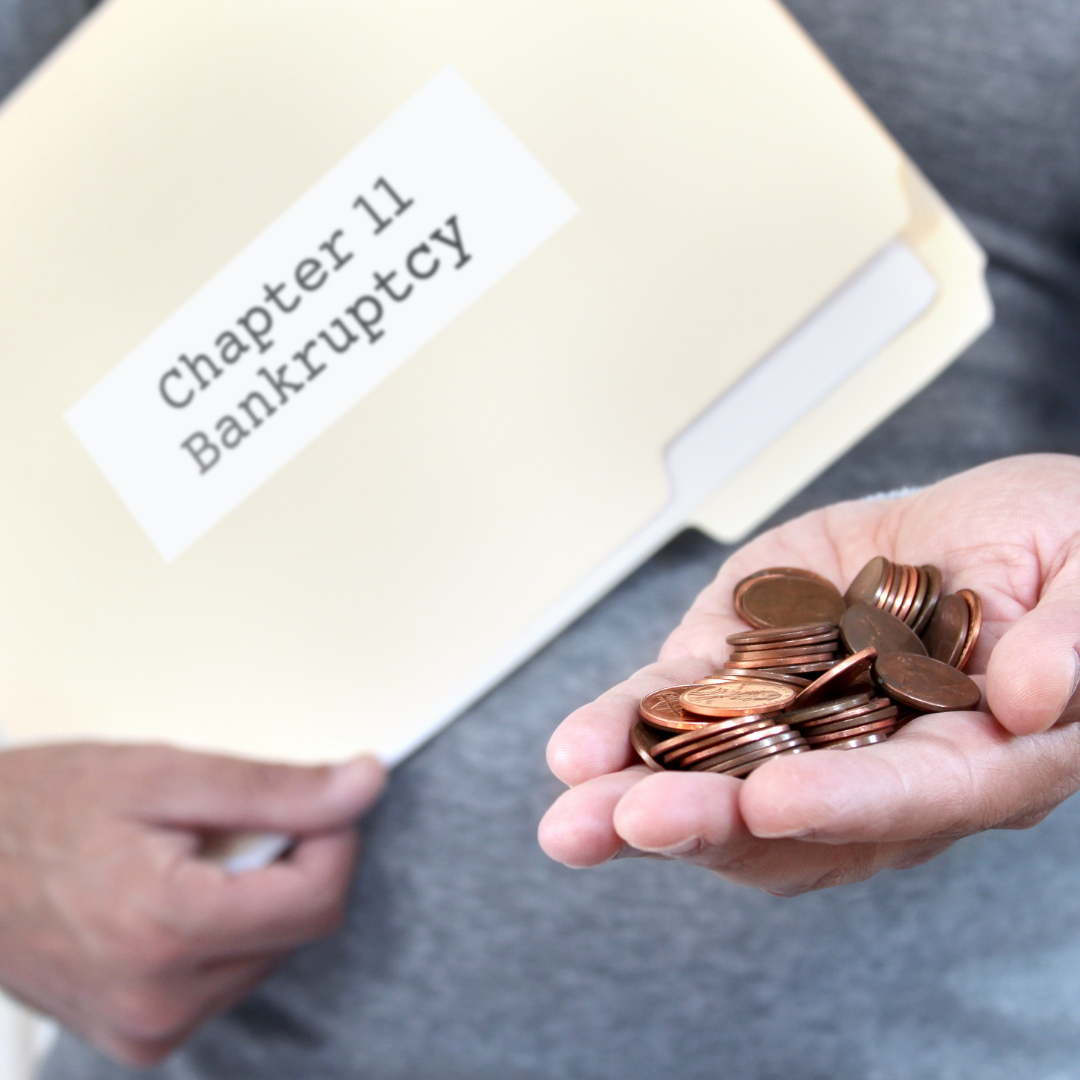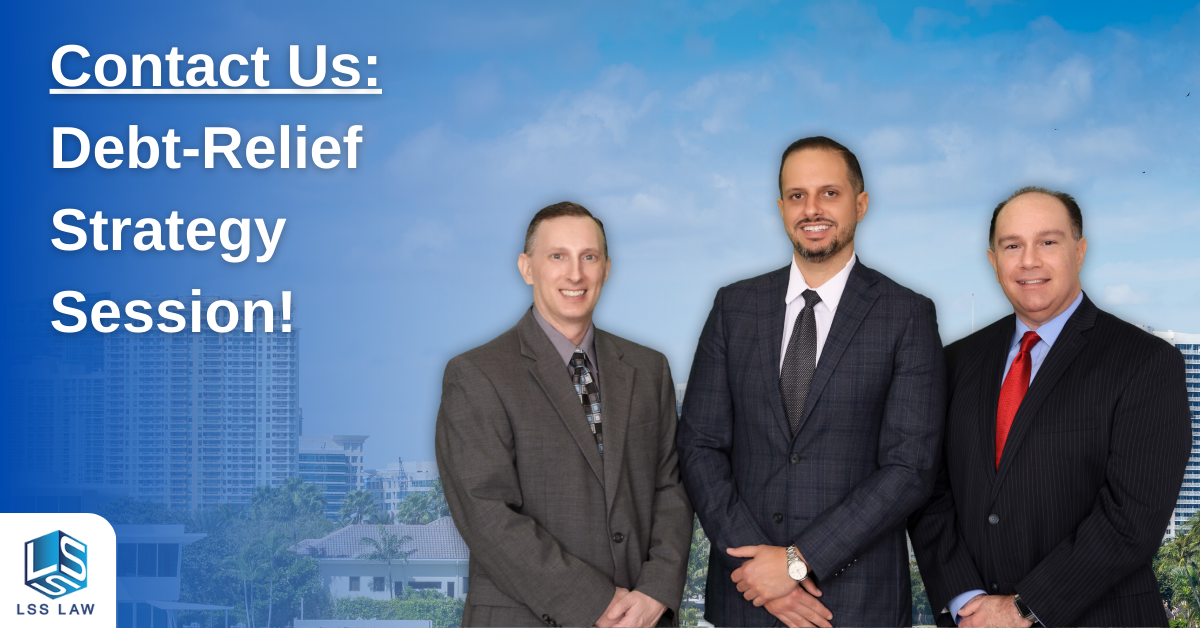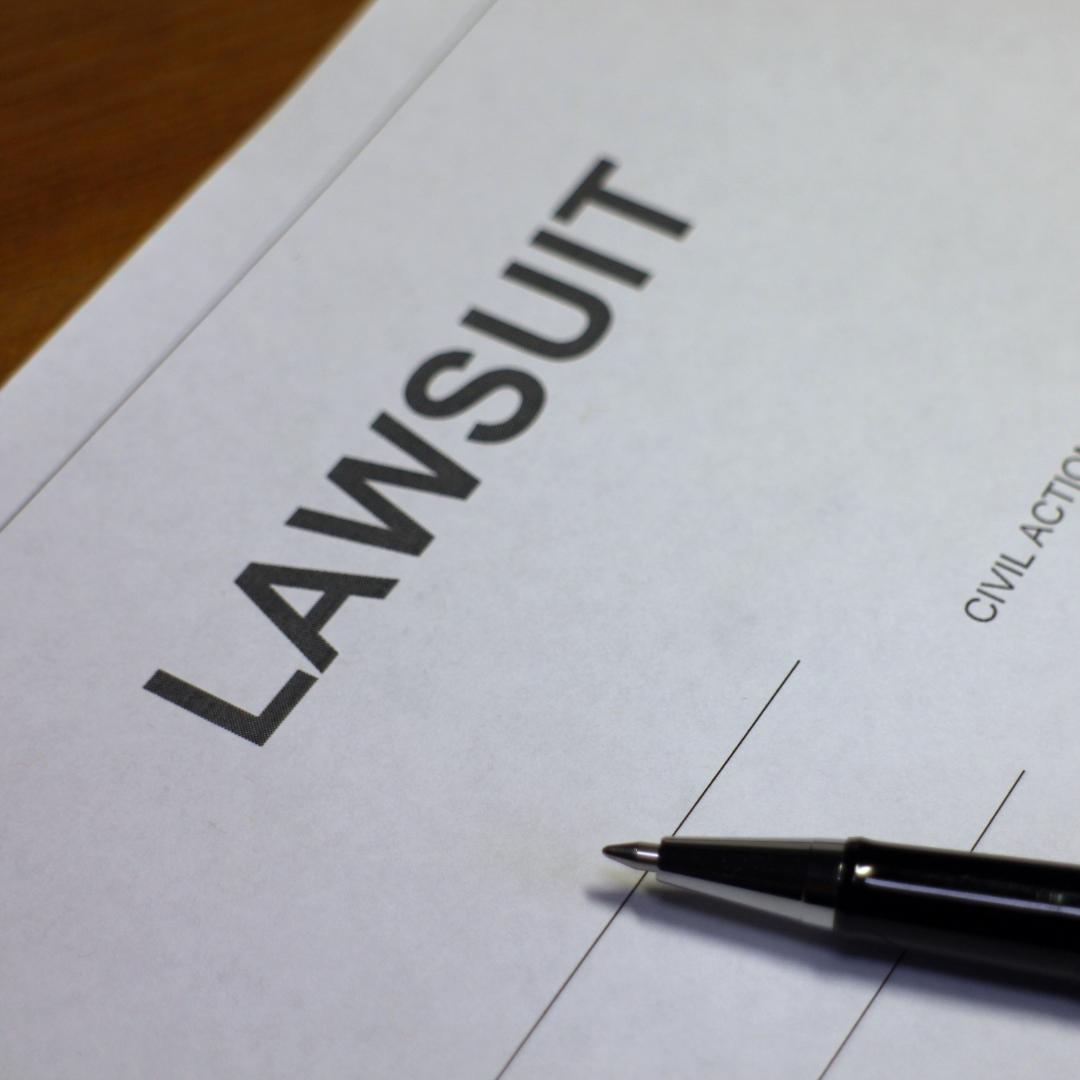Are you looking for a Chapter 11 bankruptcy lawyer in Miami? Finding the right attorney is crucial for navigating the complex legal system of filing for bankruptcy. LSS Law is a bankruptcy law firm in South Florida that specializes in handling Chapter 11 bankruptcies. If you are experiencing financial stress and feel like it’s too overwhelming to handle alone, then hiring an experienced team of attorneys can make all the difference. In this article, we will discuss the importance of finding the right Chapter 11 lawyer and give you tips on how to do that.
How to Find the Right Chapter 11 Lawyers for Your Case

When searching for a Chapter 11 lawyer, it’s essential to find the right fit for your case. Here are some tips for finding the right Chapter 11 lawyers:
Research the law firm and its lawyers:
Do your research and find out about the law firm and its lawyers. Check their website, read reviews, and find out about their experience and qualifications.
Look for a focus on Chapter 11 bankruptcy:
Look for a law firm that focuses on Chapter 11 bankruptcy. You want a lawyer who has experience and knowledge in this area.
Check for a track record of success:
Check the law firm’s track record of success. You want a lawyer who has a proven track record of success in handling Chapter 11 bankruptcies.
What to Look for in a Chapter 11 Attorney

Filing for Chapter 11 bankruptcy can be a complex and overwhelming process. It’s important to find an experienced and knowledgeable attorney who can guide you through the process. Here are some things to look for in a Chapter 11 attorney:
Experience:
Look for an attorney who has experience handling Chapter 11 bankruptcy cases. They should have a thorough understanding of the bankruptcy process and be familiar with the local bankruptcy court.
Communication:
Your attorney should be able to communicate with you clearly and effectively. They should be available to answer your questions and provide updates throughout the process.
Personalized approach:
Every bankruptcy case is unique. Look for an attorney who takes a personalized approach and tailors their strategy to your individual needs and circumstances.
Benefits of Hiring Chapter 11 Lawyers from LSS Law

Hiring a Chapter 11 lawyer is critical when facing bankruptcy. Here are some benefits of a business bankruptcy attorney hiring one of our experienced and knowledgeable attorneys at LSS Law:
Experienced and knowledgeable attorneys:
Our lawyers have extensive experience in handling Chapter 11 bankruptcy cases. We have the knowledge and expertise to guide you through the complex legal process.
Tailored solutions for individual needs:
At LSS Law, we understand that every case is unique. We work closely with our clients to tailor a solution that fits their individual needs.
Cost-effective and efficient representation:
We understand the financial burden of bankruptcy. That’s why we strive to provide cost-effective and efficient legal representation to our clients.
Book a Bankruptcy Strategy Session with LSS Law

If you are facing financial difficulties, it’s essential to find the right Chapter 11 lawyer to guide you through the process. LSS Law is a bankruptcy law firm in South Florida that specializes in handling Chapter 11 bankruptcies. We offer a bankruptcy strategy session to help you determine the best course of action for your case.
To schedule a bankruptcy strategy session with one of our experienced attorneys, please contact us at info@lss.law or call us at 954-466-0541. You can also schedule a session by visiting our website at https://lss.law/contact-us/.
Chapter 11 Can Help With More Complex Debts

Chapter 11 bankruptcy is typically associated with small businesses, but it can also be used for personal bankruptcy filings. One of the benefits of Chapter 11 bankruptcy is that it can help individuals with more complex debts. Chapter 11 bankruptcy can help with: secured debt, unsecured debt, and certain tax debts. With Chapter 11, individuals can pay creditors over a period of time based on their income and ability to pay. This type of arrangement may be beneficial to both the individual and the unsecured creditors in particular, as it allows them to get some or all of their money back. For those who are in financial trouble, Chapter 11 bankruptcy may be the best option for getting out from underneath a mountain of debt.
Tax debt:

Chapter 11 bankruptcy allows individuals to restructure tax debt in a way that is manageable for them. This can include negotiating a payment plan with the IRS or discharging certain tax debts.
Business-related debts:

Individuals who own a business can use Chapter 11 bankruptcy to restructure business or property-related debts, such as loans, leases, or contracts.
Real estate debt:

Chapter 11 bankruptcy can be used to restructure real estate debt, such as mortgages, in a way that is manageable for the debtor.
Personal injury lawsuits:

Chapter 11 bankruptcy can help individuals who are facing large personal injury lawsuit judgments or settlements. It can provide a way to negotiate a payment plan over time, rather than paying the full amount upfront.
Chapter 11 Lawyers in Fort Lauderdale and Miami | Your Questions Answered

Does Chapter 11 wipe out all debt?
No, Chapter 11 bankruptcy does not eliminate all debts. Instead, it provides a legal process for businesses to restructure their debts, allowing them to become profitable again. This means that certain debts may be discharged or reduced, but many will still need to be repaid. The debtor and the creditor must agree upon a payment plan that takes into account the business’ disposable income and current financial health.
In Chapter 11, a debtor can propose a plan of reorganization that outlines how they will pay back their remaining debts over time. This plan must be approved by the creditors and the bankruptcy court. Once the plan is approved and the debtor makes all of the required payments towards their unpaid debts, they can emerge from bankruptcy and continue operating.
Can Chapter 11 be denied?
Yes, Chapter 7 bankruptcy (liquidation bankruptcy) or Chapter 11 bankruptcy can be denied if the court determines that the debtor does not meet the requirements for this type of bankruptcy or if they are not likely to successfully reorganize their debts. For example, if the debtor does not have a viable business plan or if they have engaged in fraudulent activities, the court may deny their Chapter 11 bankruptcy.
However, experienced bankruptcy attorneys can help debtors determine if Chapter 11 is the best option for their situation and can advise them on how to structure their case to increase the chances of success.
How long does it take to resolve Chapter 11?
The length of a Chapter 11 bankruptcy case can vary widely depending on the complexity of the case, the size of the business, and other factors. On average, it can take anywhere from several months to several years to complete a Chapter 11 case.
During the bankruptcy process, the debtor must comply with various court requirements and deadlines, including submitting financial reports, attending court hearings, and making payments according to the approved reorganization plan according to the bankruptcy code. In most cases, the time it takes to resolve a Chapter 11 bankruptcy will vary depending on the complexity of the case and whether secured creditors are able to reach an agreement in regard to unsecured debts. Experienced bankruptcy attorneys can help streamline the process and ensure that the debtor meets all of the necessary requirements to emerge from bankruptcy as soon as possible.
How long do Chapter 11 bankruptcies last?
If an individual files for Chapter 11 bankruptcy, it will remain on their credit report for up to ten years from the date of filing. The length of time from the bankruptcy filing until the individual can pay off his or her debts is usually three to five years. This can make it difficult to obtain credit or loans in the future, and may also affect employment or housing opportunities.
However, the impact of bankruptcy on credit scores and credit reports can vary depending on individual circumstances. Working with an experienced bankruptcy attorney can help minimize the negative effects of bankruptcy and provide guidance on rebuilding credit after bankruptcy.
Is Chapter 11 bankruptcy complicated?
An experienced bankruptcy attorney can provide valuable guidance and support throughout the Chapter 11 bankruptcy process. Attorneys can help debtors understand their legal rights and obligations, evaluate the pros and cons of filing for bankruptcy, and develop a plan for reorganizing their debts.
Attorneys can also assist with negotiating with creditors, preparing and submitting required documentation to the court, and representing the debtor in court hearings. Working with experienced bankruptcy lawyers is recommended as they are familiar with the process and can provide valuable advice on how to best proceed. Additionally, attorneys can help ensure that the debtor complies with all court requirements and deadlines, which is essential for a successful bankruptcy case. Overall, working with an attorney can help increase the chances of a successful Chapter 11 bankruptcy and can provide peace of mind during a difficult financial situation.
What is the difference between Chapter 11 and Chapter 13 bankruptcy?
Chapter 11 bankruptcy is a reorganization bankruptcy primarily for businesses, while Chapter 13 bankruptcy is a personal reorganization bankruptcy for individuals with regular income. In both cases, the debtor will file bankruptcy in order to restructure their financial obligations and create a repayment plan to manage their debt. The primary benefit of Chapter 11 is that it allows businesses to remain open and keep operations running, whereas Chapter 13 does not provide this option for individuals. Additionally, under Chapter 11 certain personal property may be exempt from repaying debts, whereas this option is not available under Chapter 13. However, there are some key differences between these two forms of bankruptcy. Under Chapter 11, unsecured debts may be discharged completely or partially in exchange for a repayment plan, while secured debts must be paid in full under this chapter. On the other hand, Chapter 13 requires that unsecured debts must be paid back in full or partially over time, and secured debts must also be paid back over time but can potentially be reduced depending on the circumstances.






